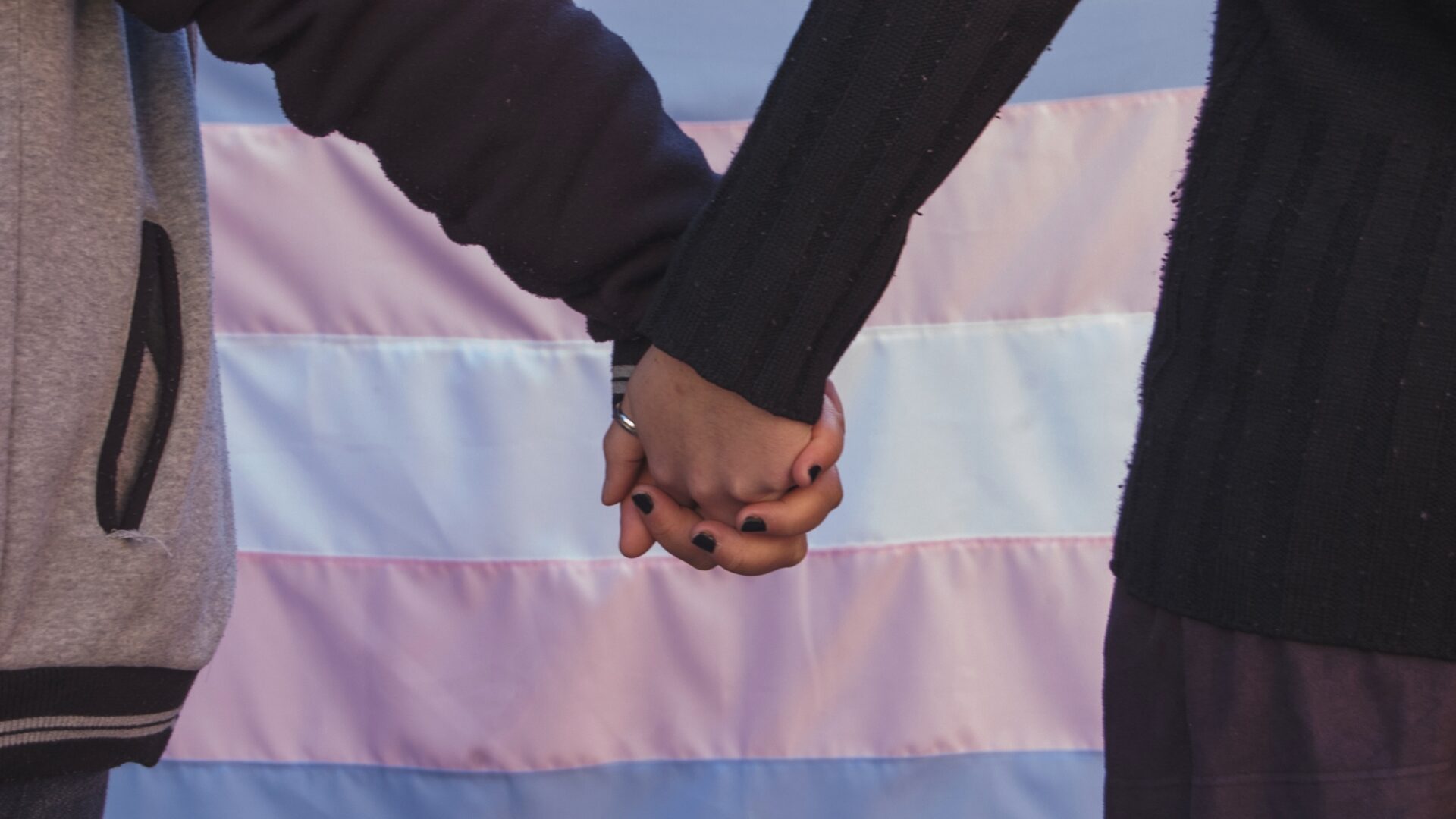Georgia to resume ban on gender-affirming care for transgender minors
The 11th Circuit Court of Appeals allowed Alabama to enforce a similar restriction.

A judge in the US state of Georgia has ruled that its ban on gender-affirming care for transgender minors can resume.
On Tuesday (5 September), District Judge Sarah Geraghty put her previous order blocking the ban on hold.
This was after the 11th Circuit Court of Appeals allowed Alabama to enforce a similar restriction last month. Alabama can now implement a ban on the use of puberty blockers and hormones to treat transgender children.
Senate Bill 140 bans those under the age of 18 from undergoing sex reassignment surgeries. Also, it has prevented new patients after 1 July from undergoing hormone replacement therapies.
Judge Geraghty had placed a preliminary injunction against provisions of Senate Bill 140 last month.
The injunction was instated after several families with transgender children filed a lawsuit challenging the ban.
Now, she has issued a stay, or hold, on her injunction in anticipation of a possible rehearing of the Alabama case before a larger panel of the court’s judges.
Alabama’s law declared they had a “compelling interest in protecting children from drugs”
Judge Geraghty had concluded transgender children who sought the injunction faced “imminent risks” from the ban.
However, on Tuesday, she noted her preliminary injunction rests on legal grounds that were “squarely rejected” by the 11th Circuit Court of Appeals.
The 11th Circuit judges who ruled on Alabama’s law declared they had a “compelling interest in protecting children from drugs.”
They highlighted that there’s an “uncertainty regarding benefits, recent surges in use, and irreversible effects.”
Kara Richardson, Georgia attorney general’s office, said in a statement that the office was pleased with the ruling and “will continue fighting to protect the health and well-being of Georgia’s children.”
At least 22 states have now enacted laws restricting or banning gender-affirming medical care for transgender minors. Most of those states have been sued.
